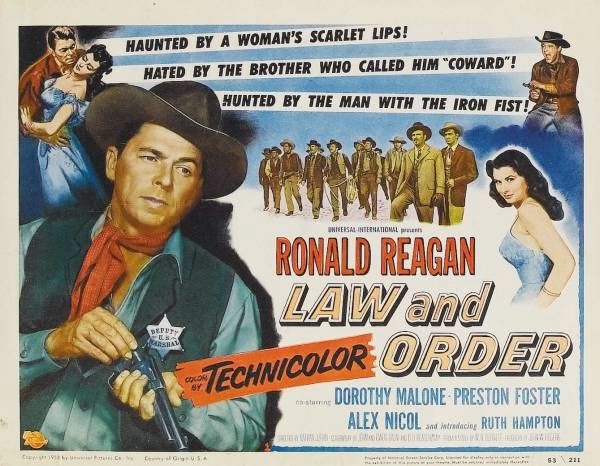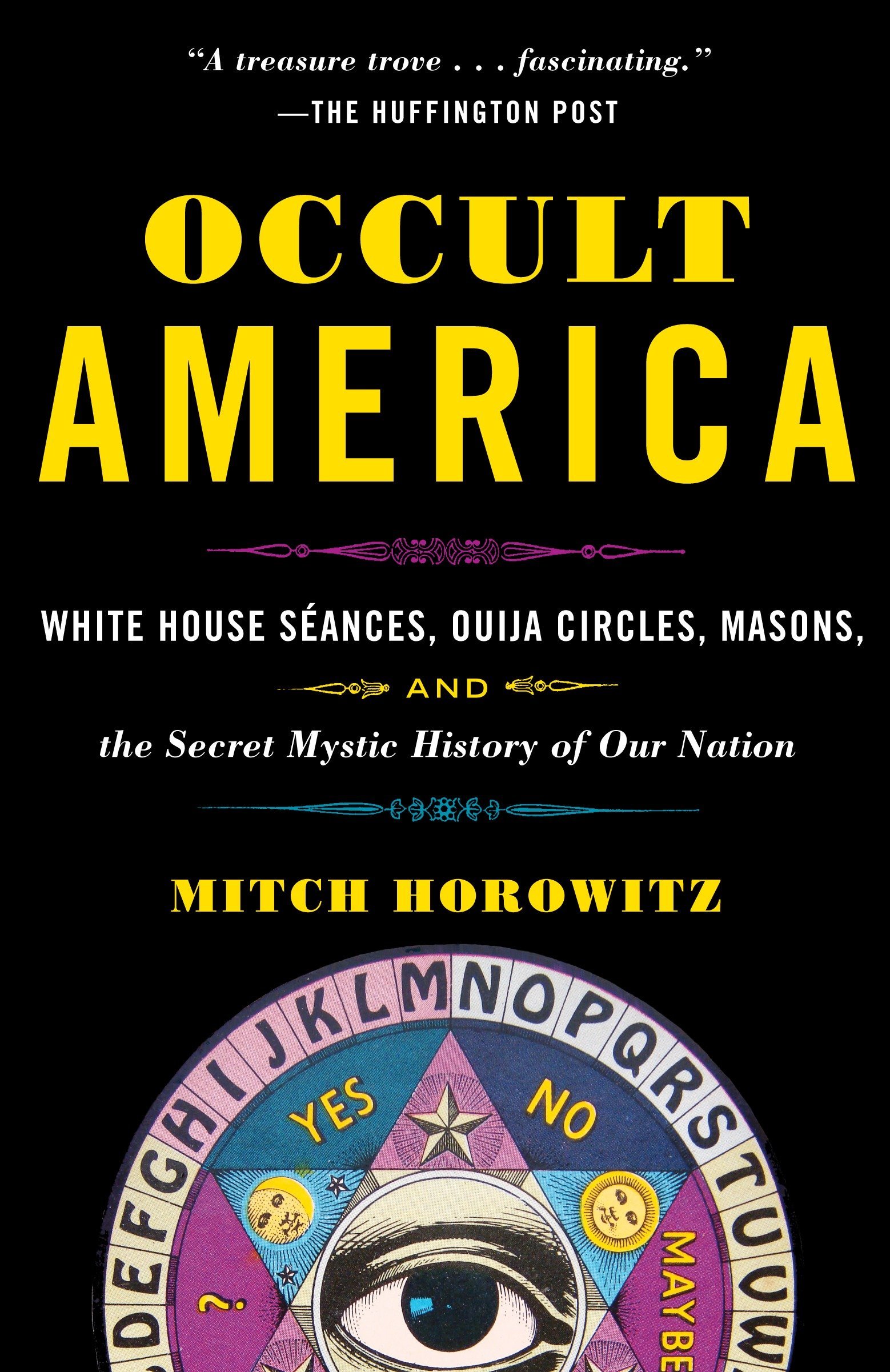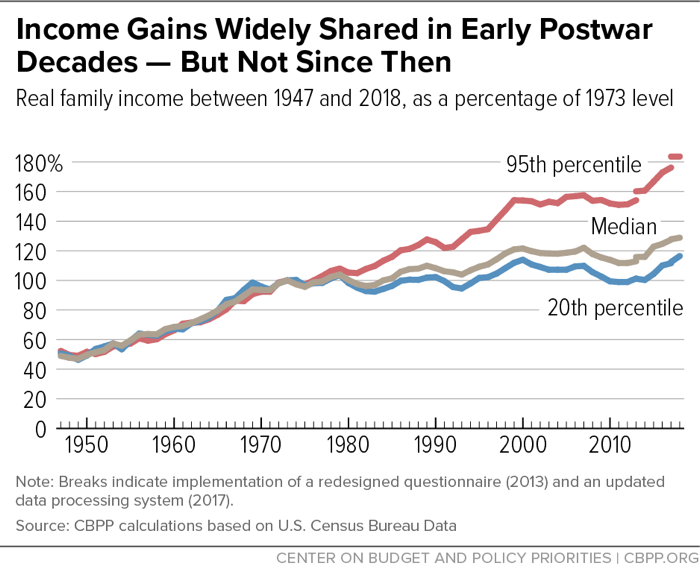tijd
in
puppet_djt
Америка 2.0
Берия рассказал следующее: когда началась война, у Сталина собрались члены Политбюро. Не знаю, все или только определенная группа, которая чаще всего собиралась у Сталина. Сталин морально был совершенно подавлен и сделал такое заявление: "Началась война, она развивается катастрофически. Ленин оставил нам пролетарское Советское государство, а мы его просрали". Буквально так и выразился. "Я, - говорит, - отказываюсь от руководства", - и ушел. Ушел, сел в машину и уехал на ближнюю дачу. "Мы, - рассказывал Берия, - остались. Что же делать дальше? После того как Сталин так себя показал, прошло какое-то время, посовещались мы с Молотовым, Кагановичем, Ворошиловым (хотя был ли там Ворошилов, не знаю, потому что в то время он находился в опале у Сталина из-за провала операции против Финляндии). Посовещались и решили поехать к Сталину, чтобы вернуть его к деятельности, использовать его имя и способности для организации обороны страны. Когда мы приехали к нему на дачу, то я (рассказывает Берия) по его лицу увидел, что Сталин очень испугался. Полагаю, Сталин подумал, не приехали ли мы арестовать его за то, что он отказался от своей роли и ничего не предпринимает для организации отпора немецкому нашествию? Тут мы стали его убеждать, что у нас огромная страна, что мы имеем возможность организоваться, мобилизовать промышленность и людей, призвать их к борьбе, одним словом, сделать все, чтобы поднять народ против Гитлера. Сталин тут вроде бы немного пришел в себя. Распределили мы, кто за что возьмется по организации обороны, военной промышленности и прочего".
http://militera.lib.ru/memo/russian/khruschev1/17.html

Что имелось в виду в лозунге избирательной кампании Рейгана "Let's make America great again"?
Бывшим демократам на Юге, переметнувшимся в республиканцы в результате "Южной Стратегии" Никсона и составившим существенную часть коалиции Рейгана, в этом могла слышаться ностальгия по блаженным 1950-ым и времени законов Джима Кроу.
Но сам Рейган имел в виду несколько другое. Война во Вьетнаме, скандал Уотергейта и другие события подточили веру американцев в свою страну и их доверие к правительству. Президент Картер бил тревогу в своем обращении к народу в июле 1979:
"It is a crisis of confidence. It is a crisis that strikes at the very heart and soul and spirit of our national will. We can see this crisis in the growing doubt about the meaning of our own lives and in the loss of a unity of purpose for our Nation.
The erosion of our confidence in the future is threatening to destroy the social and the political fabric of America. <...>
The symptoms of this crisis of the American spirit are all around us. For the first time in the history of our country a majority of our people believe that the next five years will be worse than the past five years. Two-thirds of our people do not even vote. The productivity of American workers is actually dropping, and the willingness of Americans to save for the future has fallen below that of all other people in the Western world."
https://www.historyplace.com/speeches/carter-confidence.htm

Рейган возвращал в политический лексикон бескомпромиссный патриотизм и веру в исключительность и особое предназначение США.
Его вера была отчасти религиозной и даже эзотерической. Выступая на первой конференции CPAC в 1974, он рассказал историю о таинственном незнакомце (ангеле?), который присутствовал при подписании Декларации независимости, после чего испарился в воздухе.
Call it chauvinistic, but our heritage does set us apart. Some years ago a writer, who happened to be an avid student of history, told me a story about that day in the little hall in Philadelphia where honorable men, hard-pressed by a King who was flouting the very law they were willing to obey, debated whether they should take the fateful step of declaring their independence from that king. I was told by this man that the story could be found in the writings of Jefferson. I confess, I never researched or made an effort to verify it. Perhaps it is only legend. But story, or legend, he described the atmosphere, the strain, the debate, and that as men for the first time faced the consequences of such an irretrievable act, the walls resounded with the dread word of treason and its price - the gallows and the headman’s axe. As the day wore on the issue hung in the balance, and then, according to the story, a man rose in the small gallery. He was not a young man and was obviously calling on all the energy he could muster. Citing the grievances that had brought them to this moment, he said, “Sign that parchment. They may turn every tree into a gallows, every home into a grave and yet the words of that parchment can never die. For the mechanic in his workshop, they will be words of hope, to the slave in the mines - freedom.” And he added, “If my hands were freezing in death, I would sign that parchment with my last ounce of strength. Sign, sign if the next moment the noose is around your neck, sign even if the hall is ringing with the sound of headman’s axe, for that parchment will be the textbook of freedom, the bible of the rights of man forever.” And then it is said he fell back exhausted. But 56 delegates, swept by his eloquence, signed the Declaration of Independence, a document destined to be as immortal as any work of man can be. And according to the story, when they turned to thank him for his timely oratory, he could not be found nor were there any who knew who he was or how he had come in or gone out through the locked and guarded doors.
https://questioningwithboldness.wordpress.com/2011/07/04/we-shall-be-a-city-upon-hill-ronald-reagan-the-call-to-restoring-americas-divine-providence/

Историки оккультных учений выяснили происхождение этой легенды. Ее изначально сочинил Джордж Липпард, малоизвестный романтический писатель начала 19го века, который был другом Эдгара По и умер от туберкулеза в 31 год. К Рейгану история попала в пересказе Мэнли Холла, оккультного философа и автора "An Encyclopedic Outline of Masonic, Hermetic, Qabbalistic and Rosicrucian Symbolical Philosophy: Being an Interpretation of the Secret Teachings concealed within the Rituals, Allegories and Mysteries of all Ages".
The “strange man,” wrote Hall, invisibly entered and exited the locked doors of the statehouse in Philadelphia on July 4, 1776, delivering an oration that bolstered the wavering spirits of the delegates. “God has given America to be free!” commanded the mysterious speaker, urging the men to overcome their fears of being hanged or beheaded, and to seal destiny by signing the great document. Newly emboldened, the delegates rushed forward to add their names. They looked to thank the stranger only to discover that he had vanished from the locked room. Was this, Hall wondered, “one of the agents of the secret Order, guarding and directing the destiny of America?”
At a 1957 commencement address at his alma mater Eureka College, Reagan, then a corporate spokesman for General Electric, sought to inspire students with this leaf from occult history. “This is a land of destiny,” Reagan said, “and our forefathers found their way here by some Divine system of selective service gathered here to fulfill a mission to advance man a further step in his climb from the swamps.” Reagan then retold (without naming a source) the tale of Hall’s unknown speaker. “When they turned to thank the speaker for his timely words,” Reagan concluded, “he couldn’t be found and to this day no one knows who he was or how he entered or left the guarded room.” Reagan revived the story in 1981, when Parade magazine asked the president for a personal essay on what July 4 meant to him. Presidential aide Michael Deaver delivered the piece with a note saying, “This Fourth of July message is the president’s own words and written initially in the president’s hand,” on a yellow pad at Camp David. Reagan retold the legend of the unknown speaker-this time using language very close to Hall’s own: “When they turned to thank him for his timely oratory, he was not to be found, nor could any be found who knew who he was or how he had come in or gone out through the locked and guarded doors.”
Where did Hall uncover the tale that inspired a president? The episode originated as “The Speech of the Unknown” in a collection of folkloric stories about America’s founding, published in 1847 under the title "Washington and His Generals, or Legends of the Revolution" by American social reformer and muckraker George Lippard. Lippard, a friend of Edgar Allan Poe, had a strong taste for the gothic-he cloaked his mystery man in a “dark robe.” He also tacitly acknowledged inventing the story: “The name of the Orator . . . is not definitely known. In this speech, it is my wish to compress some portion of the fiery eloquence of the time.”
For his part, Hall seemed to know almost nothing about the story’s point of origin. He had been given a copy of the “Speech of the Unknown” by a since-deceased secretary of the occult Theosophical Society, but with no bibliographical information other than its being from a “rare old volume of early American political speeches.” The speech appeared in 1938 in the Society’s journal, The Theosophist, with the sole note that it was “published in a rare volume of addresses, and known probably to only one in a million, even of American citizens.”
There are indications that Reagan and Hall may have personally met to discuss the story. In an element unique to Hall’s version, the mystic-writer (dubiously) attributed the tale of the unknown speaker to the writings of Thomas Jefferson. When Reagan addressed the Conservative Political Action Conference in Washington on January 25, 1974, he again told the story, but this time cited an attribution-of sorts. Reagan said the tale was told to him “some years ago” by “a writer, who happened to be an avid student of history. . . . I was told by this man that the story could be found in the writings of Jefferson. I confess, I never researched or made an effort to verify it.”
Whether the president and the occultist ever met, it is Hall’s language that unmistakably marks the Reagan telling.
https://www.salon.com/control/2014/01/05/ronald_reagan_and_the_occultist_the_amazing_story_of_the_thinker_behind_his_sunny_optimism/
Но откуда бы ни происходила твердая вера Рейгана в исключительность американского эксперимента и в особое предназначение США, она резонировала с избирателями. Патриотизм на грани шовинизма вкупе с харизматичным лидером в роле "отца нации" и его мессианскими фантазиями пробуждали авторитарные инстинкты. Недовольство политической системой со стороны левых либералов можно было смело списывать на отсутсвие патриотизма, а попытки оглядываться на другие страны сходу отвергать, как негодные для уникальной страны.
События 1980ых в чем-то подтвердили американскую исключительность. К примеру, появился персональный компьютер, и компьютерная индустрия в родной для Рейгана Калифорнии коренным образом изменила жизнь планеты и баланс технологического превосходства между США и " империей зла". Промышленность, изначально возникшая из государственных военных заказов, больше не нуждалась в государственной поддержке.
#tbt Ronald Reagan presents Steve Jobs with the 1985 National Medal of Technology. #inspire #STEMNation pic.twitter.com/fRx2KxBNd0
- National Medals (@NSTMF) April 24, 2014
Долгоиграющим экономическим наследием Рейгана стало имущественное расслоение. Ценой подъема экономики на фоне снижения налогов, урезания социальных программ и удушения профсоюзов стал отрыв наиболее обеспеченных американцев от среднего класса, выросшего в послевоенные годы.

В расщепленной Америке повышалась ценность (и цена) образования. У людей с когнитивными способностями была фора для того, чтобы пробиться в высший класс, получив элитное образование и овладев одной из денежных профессий. Одновременно недостаточно прогрессивная шкала налогооблажения облегчила наследование состояния от богатых родителей. Страна превращалась в причудливую смесь меритократии и непотизма.

Что оставалось для необразованных и экономически подавленных белых людей, составляющих республиканскую базу после Рейгана? Растущее недоверие к науке и "экспертам", помноженное на религиозность. Картинка вверху из статьи The Dynamics and Political Implications of Anti-Intellectualism in the United States (2018) воспроизводит анализ из статьи Politicization of Science in the Public Sphere A Study of Public Trust in the United States, 1974 to 2010 (2012).
Видно, что рост анти-интеллектуализма среди "консерваторов", который радикально отщепил их от "либералов" начался не во время, а после Рейгана. Это связано, по всей видимости, с отменой "fairness doctrine". Эта доктрина поддерживала беспристрастность прессы (теле- и радиоканалов) в 1949-1987 и обязывала их освещать любой политический вопрос с разных сторон, под угрозой потерять лицензию на вещание. После ее отмены решением FCC, Рейган придушил попытки Конгресса возродить эту практику в виде закона (Fairness in Broadcasting Act of 1987), пригрозив наложить вето. Это способствовало появлению в 1990ых "консервативного радио" (Раша Лимбо и других) и канала Fox News. Возникла система обратной связи - аудитория создавали запрос на анти-элитный и анти-интеллектуальный дискурс, а коммерчески-выгодная пропаганда этот запрос удовлетворяла, одновременно подпитывая его.
Через 40 лет на Трампе сошлись три исторические линии, начатые правлением Рейгана и продолженные Бушем:
1. Наследие имущественного неравенства - распространение в элитных кругах болванов, унаследовавших богатство.
2. Наследие анти-интеллектуальной пропаганды - недоверие среди республиканских избирателей к научной эспертизе и их увлечение суевериями и теориями заговора .
3. Наследие религиозного проникновения в политику - доминионистский проект по захвату религиозного влияния во всех сферах общественной жизни.
Первая линия порождала болванов-наследников с синдромом Даннинга-Крюгера, вторая - шарлатанов, дурачащих доверчивых лохов по телевизору, третья - религиозных фанатиков, целенаправленно работающих над разрушением федерального правительства ради повестки "восстановления" христианской Америки.

Иллюстрацией деградации движения консерватизма служит новый облик конференции CPAC, на которой карикатурно некомпетентный Ларри Кудлов (человек без экономического образования, получивший работу экономического советника президента благодаря тому, что изображал экономиста в телеканале Fox News) делит сцену с наследницей престола.
"I know the stock market is worried and fearful but, you know, if you’re a long-term investor - which is what you all should be - since I believe and Ivanka believes the country is in good safe hands right now, you might think about buying the dip… The virus is not going to sink the American economy. What is or could sink the American economy is the socialism coming from our friends on the other side of the aisle."
https://www.mediaite.com/tv/larry-kudlow-at-cpac-coronavirus-wont-sink-the-american-economy-but-socialism-could/
CALL NOW AND WE'LL THROW IN TWO MORE FOR FREE!
THAT'S RIGHT!
ABSOLUTELY FREE!
BUT YOU MUST CALL NOW!!! https://t.co/6j18BSNoA8
- Seth Oldmixon (@setholdmixon) May 4, 2019
The U.S. has “contained” the coronavirus, NEC Director Larry Kudlow says. “Pretty close to airtight.” https://t.co/LJKSIghL7q pic.twitter.com/mkRzCrHMM1
- CNBC (@CNBC) February 25, 2020
По ходу оказалось потеряно представление об уникальности. В глазах Трампа США - хоть и чемпион, но ничем не уникальная страна, не лучше самых худших диктатур мира.
In a speech on the Syria crisis on September 10, 2013, Obama said: "however, when, with modest effort and risk, we can stop children from being gassed to death, and thereby make our kids safer over the long run, I believe we should act... That is what makes America different. That is what makes us exceptional." In a direct response the next day, Russian president Vladimir Putin published an op-ed in The New York Times, articulating that "It is extremely dangerous to encourage people to see themselves as exceptional, whatever the motivation... We are all different, but when we ask for the Lord's blessings, we must not forget that God created us equal." Putin's views were soon endorsed by future president Donald Trump who declared the op-ed "a masterpiece": "You think of the term as being beautiful, but all of sudden you say, what if you're in Germany or Japan or any one of 100 different countries? You are not going to like that term," Trump said. "It is very insulting, and Putin put it to him about that."
https://en.wikipedia.org/wiki/American_exceptionalism
Сравнивая эту страну, самую богатую в мире, с другими, ныне приходится "уставать от побед".


Посреди глобального вирусного кризиса благополучно утрачено и лидерство "свободного мира", и претензии на это лидерство.
As America's rivals make gestures of support for other nations stricken by the coronavirus, the United States is losing its traditional leadership role abroad at the same moment that it's struggling to contain the virus at home, analysts say.
At a time of crisis when the world would typically look to the richest and most powerful nation, the United States has instead retreated into its own form of self-isolation, with its president downplaying the severity of the threat and top American officials squabbling among themselves.
Instead, the United States’ rivals, notably China and to a lesser extent Russia, have been stepping up to offer aid to other stricken nations, a role long fulfilled by the United States in crises stretching back to World War II. <...>
America’s disengagement on the coronavirus fight is part of a broader retreat from the world. From the Paris climate change accord to multiple trade agreements, the Trump administration has unwound decades of U.S. leadership on a range of issues.
But such is the severity of this crisis that America’s absence could permanently affect its standing, ceding ground to an ascendant China in the great game of global influence, analysts said.
“I do wonder whether this really is an inflection point in the international system,” said Nathalie Tocci, the head of the Italian Institute of International Affairs and a former foreign policy adviser to senior European Union leaders.
“Here in Italy it is going to change for good the perception of who is leading in the world, and it’s not the United States,” she said. “It’s so strong what is happening. It’s so powerful and it’s so traumatic. The emotions that it ignites today are going to be engraved in the national narrative.”
https://www.washingtonpost.com/world/the-us-traditionally-leads-in-times-of-crisis-now-its-practicing-self-isolation/2020/03/25/1fa3f9b6-6d38-11ea-a156-0048b62cdb51_story.html